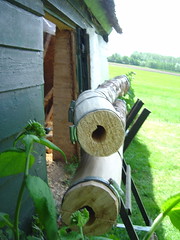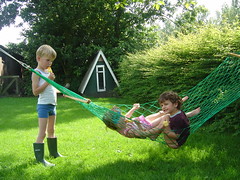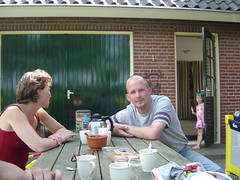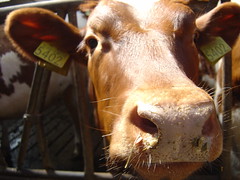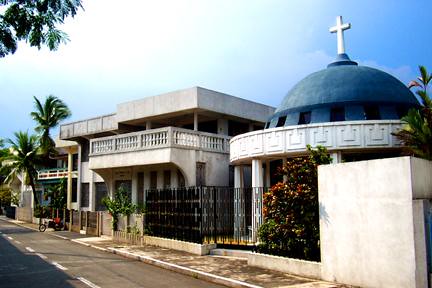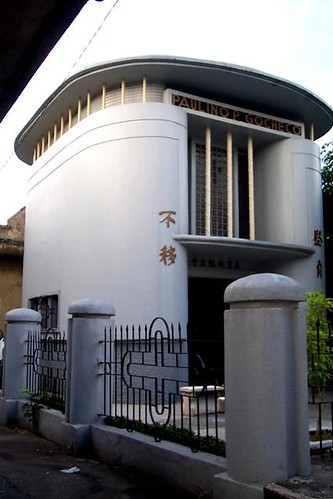One week after we arrived in Guayaquil where Francisco was figuring in an Aquaculture conference, we had all these plans for the weekend. We’d get to Quito after a short flight, Francisco would do an offical type meeting with a European Union representative and then we would check out the beautiful old city of Quito and have pizza at night.
We would go to Otavalo the next day and the day after that we would take a bus over the Andes or something adventurous and that’s how we’d get back to Guayaquil.
But we forgot.. that Quito is pretty high (in altitude) and that, when you get to Quito, your body has to get used to coping with less oxygen and that makes you feel.. very…tired. That’s all fair enough and easily explained, but when you’re four and a half years old, when you’re very.. tired.., stuff just doesn’t really run smoothly anymore in your brain and melt downs happen.
When parents are very tired as well, they don’t always realize straight away that four and a half year old brains with low oxygen supply need to be taken very seriously. Do not attempt to visit the Florence of South America with a very tired four and a half year old. (Imagine Stendhal syndrome mixed with altitude sickness) Give it some time to let things adjust.
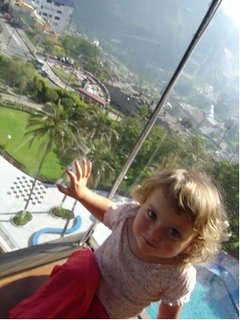
We cut back on things to do and didn’t take busses over the Andes, we just hung out at the pool of our lovely sixties style hotel (Hotel Quito), had breakfast in it’s restaurant, called El techo del Mundo (the roof of the world)
We saw the smog build every morning over the city, did just a day trip to Otavalo and stayed another night in the old city and went to every single church in Quito Antiguo (Centro Historico – a UNESCO World Heritage Site). We chased pigeons on the 1590’s square of San Francisco and took a ride in a horse carrier. We went out after dark against the advice of the Lonely Planet and had dinner in a restaurant where music was provided by a trio of blind musicians.

Inside one of the countless churches in Quito Viejo, me and the kids watched a family celebrating the 15th birthday of a girl clad in a cloud of pink. They were celebrating her ‘Quince’ and all her girlfriends were dressed in lilac. Ave Maria creaked through the stereo. Behind us a family lined up for another celebration, something for two year old girls dressed in clouds of white. Kika was of course very interested in these little girls. I tried to imagine her dressed up head to toe in white fluff and lace. HAHA that wouldn’t last very long!
Outside the same church we watched this lady getting ready to mount the motorbikes with her baby on her back. Now safety standards in traffic (and anywhere else) are something else in South America, but more about that later. That she’s carrying her baby is traditional however in Ecuador.

In Ecuador we got many many stares and even comments because we carry our children in slings when we need to, in a similar fashion. Actually the most common way I’ve seen women do it is in a longer cloth, rebozo style I think it is, so the baby sits up on the back with the cloth tied criss-cross across the front of your body (will have to find you some pics to illustrate it). But all the women who do wear their babies are indigenous and if you’re anywhere near middle class in Ecuador you’re not supposed to do this anymore (I’ve heard the same in Mozambique). I think it’s seen as ‘country’, or worse because a lot of the street people, asking for money, seem to be babywearers. Not the best social stigma you can have for the product. That foreigners like me would wear their baby (or toddler because Kika is almost two and not small) is a new concept.
In Quito we met a girl with her partner and their 6 month old baby who stood there with sore arms from holding the baby at a dance/music performance (she had a stroller but the baby obviously didn’t want to be there) and he told her: YOU SEE! You shouldn’t be embarrassed! Then Francisco broke the news to them that people pay more than 50 dollars for dulce&zoet slings in New Zealand. Of course that’s just plain hilarious!
You need a four wheel drive at Lagunas de Mojanda!
We went to Otavalo to buy some touristy stuff and see something of the country side. Someone in Guayaquil who Francisco worked with new someone in Quito who sometimes takes tourists in his car for trips. So after some calling around Ricardo showed up in his white car, of which he was very proud. Sorry for complying with any stereotype you might have of girls and cars, but of course I only remember that it was white, and not what type it was.
Francisco makes it a habit not to take the same road twice and had spotted a lake in a guide which would make the perfect detour. Without a map or a sign, after some asking around we found the road up the mountain and climbed all the way to cold laguna de Mojanda.
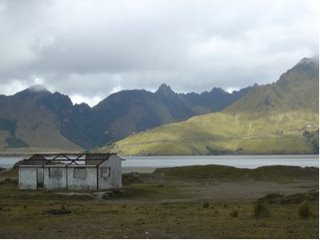
The road got gradually worse however and then it got bumpy and we got ourselves stuck a few times and it got very dusty and Ricardo became very nervous, but he just kept going.
Then a few more bumps and me and Francisco started wondering if Ricardo really knew what he was doing, or if we really knew what we were doing. In the end Francisco had to climb out of the car and coach a very nervous Ricardo out of a few precarious situations and it took some time for him to recover his nerves. Enough already we said! I didn’t feel like getting stuck next to a desolate Andean lake on an unsignposted road in a country where nobody bothers to put up roadsigns or warnings that say: Four wheel drive only.
That’s why I’m telling you now, if you want to go to Lagunas de Mojanda, take a 4 wheel drive. Oh and a warm top. And something to drink and to eat. We turned around and went all the way down the mountain again.. the same road. Ricardo then made this classic comment: I feel like I’ve been having an affair with a woman on the side but it didn’t work out and now I have to go back to the wife with my tail between my legs. Haha. That’s straying of the beaten path in Ecuador.
We did see a lot of roses along the way! And had bizcochos with dulce de leche. Returning to Quito we got stuck in 6 pm Friday afternoon traffic in Quito in the rain. A very claustrophobic situation, but a great adventure nonetheless.
This is all for now as this blog needs to be published before our trip to South America is over. I haven’t even told you about Halloween in Chile and finding out I’m not even married to Francisco in Argentina. (Is Maxima even married to Willem Alexander in that case?)

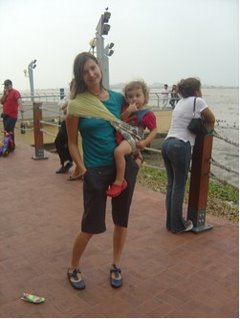


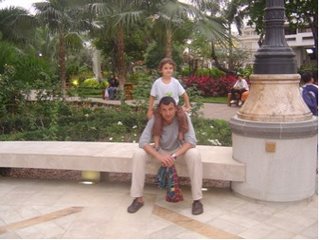




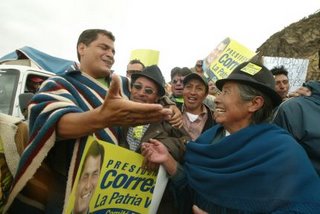


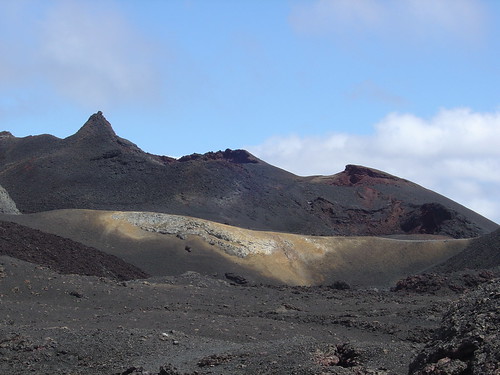
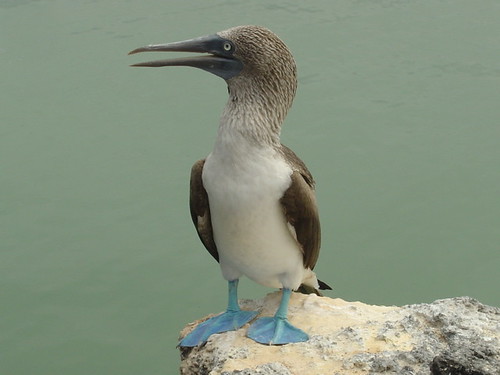
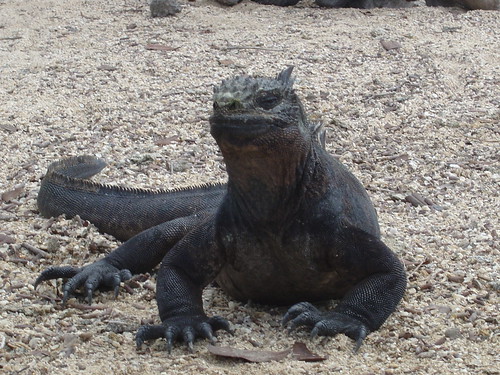
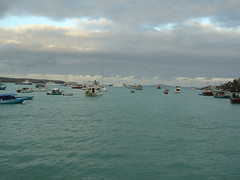
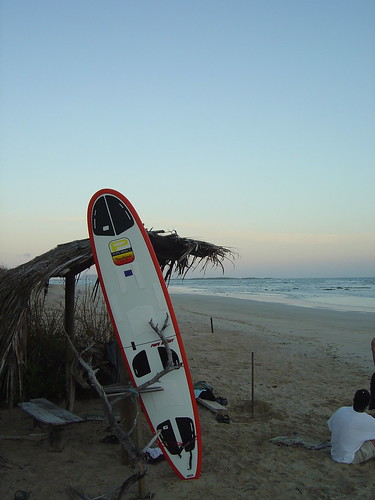
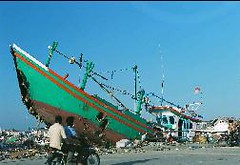
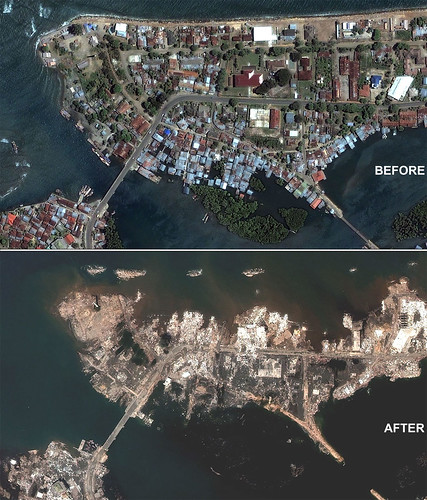

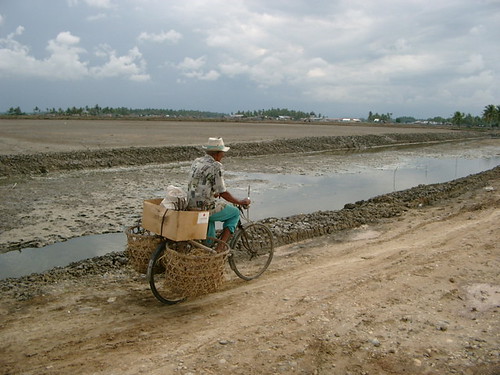
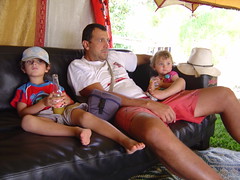




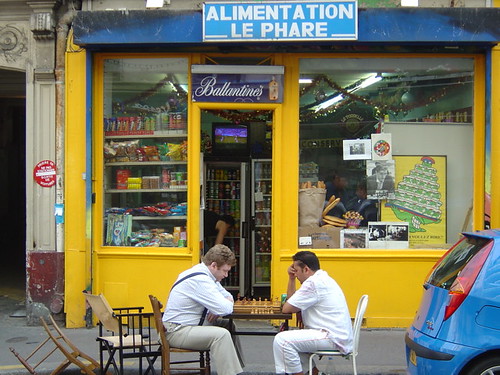
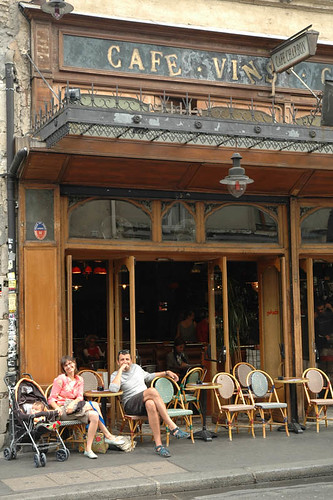
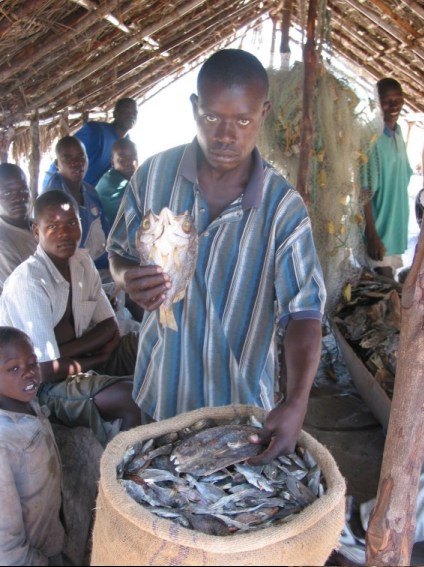

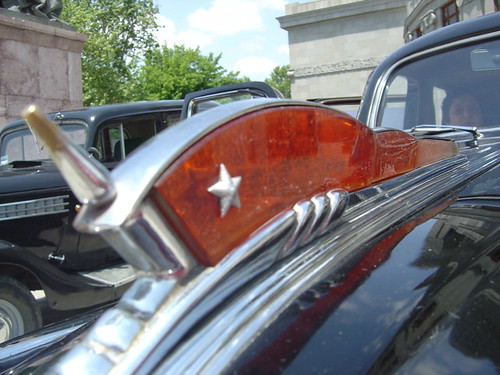

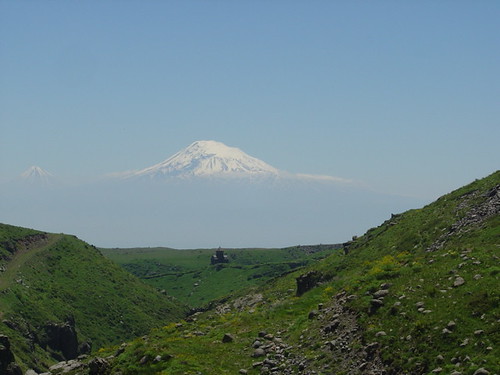
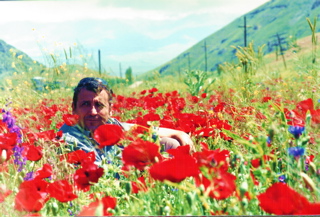
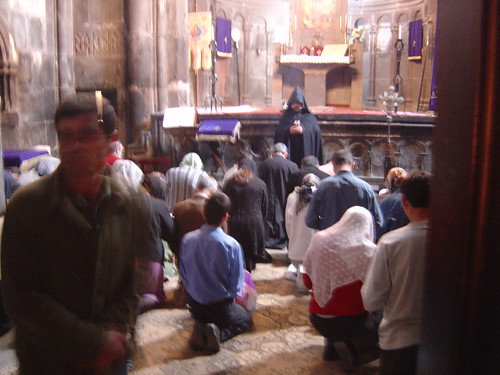
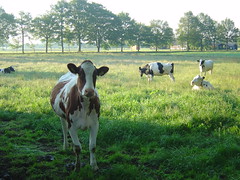
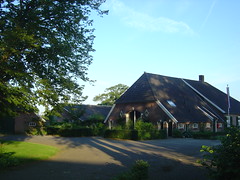 there Margreet (vib’s mum)(parents divorced a while ago) lives with Barthold (who owns the farm), they don’t farm it anymore as they took a government offer to keep most of the farm as an “scenic reserve”, meaning keeping it nice (and getting paid by the government to do it), while some other parts are leased to farmers and tree planting... the cows at the top are the front neighbours... the closest house is Barthold’s cousin (Gert) farm, at least 150 m away... and then nothing at less than 400mt... Barchem it self is not much... 1000 people? A pub café, the best bakery in the region, a mini supermarket and a farm shop... end of story
there Margreet (vib’s mum)(parents divorced a while ago) lives with Barthold (who owns the farm), they don’t farm it anymore as they took a government offer to keep most of the farm as an “scenic reserve”, meaning keeping it nice (and getting paid by the government to do it), while some other parts are leased to farmers and tree planting... the cows at the top are the front neighbours... the closest house is Barthold’s cousin (Gert) farm, at least 150 m away... and then nothing at less than 400mt... Barchem it self is not much... 1000 people? A pub café, the best bakery in the region, a mini supermarket and a farm shop... end of story